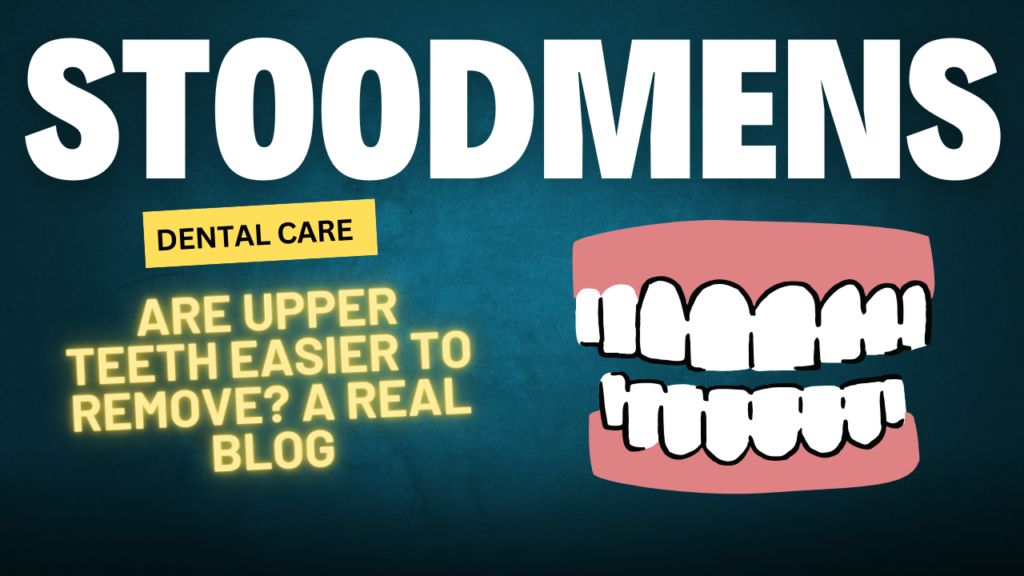
When it involves tooth extractions, especially wisdom teeth, many human beings wonder if top teeth are easier to remove than lower teeth. The answer is normally yes; let’s ruin down why this is the case.
Why Upper Teeth Are Easier to Remove
Upper teeth tend to be easier to remove because of their shape. The roots of upper teeth are usually shorter and much less complex as compared to lower teeth. For instance, top wisdom teeth regularly have fused roots that make them smoother and easier to tug out. In contrast, lower teeth tend to have longer, separated roots, which anchor them deeper into the jaw.
The bone inside the upper jaw is softer, making it simpler for the dentist to get admission to and do away with the teeth. But, the lower jawbone is denser and harder, which could make lower extractions tougher.
Challenges with Lower Teeth
Lower teeth, especially wisdom teeth, are regularly harder to get rid of for numerous reasons. They are located in a thicker, more potent part of the jawbone, which requires greater effort to break via.
Lower teeth are also much more likely to be impacted, which means they are trapped below the gums, making the extraction more complex. Additionally, the lower tooth is directed towards massive nerves within the jaw, increasing the hazard of nerve harm in the course of surgical treatment.
Pain and Healing
Most sufferers feel that removing the upper teeth causes less pain than removing the lower teeth. The nerves in the lower jaw are larger and more touchy, which means extractions from the lower jaw can hurt more.
After the manner, swelling and discomfort are extra not unusual with decreased extractions due to the denser bone and gravity pulling at the decreased jaw.
Healing additionally tends to be faster after higher tooth extractions. The top jaw receives higher blood waft, rushing up recovery. Lower teeth can take longer to heal and are more likely to develop complications. Like dry sockets, in which the blood clot shielding the wound receives dislodged.
Special Cases
Although upper teeth are generally easier to remove, some situations can make them harder. For example, if the upper teeth are very close to the sinuses, extra care is needed to avoid damaging them. Severely decayed or broken teeth can also make any extraction more difficult.
Conclusion
In general, upper teeth are easier to remove than lower teeth. Their shorter, simpler roots and softer bones make the procedure quicker and less painful.
Lower teeth, particularly wisdom teeth, can be more hard because of their role inside the jaw and their proximity to nerves. However, each case is distinctive, and your dentist will help determine the pleasant manner to handle your extraction.

